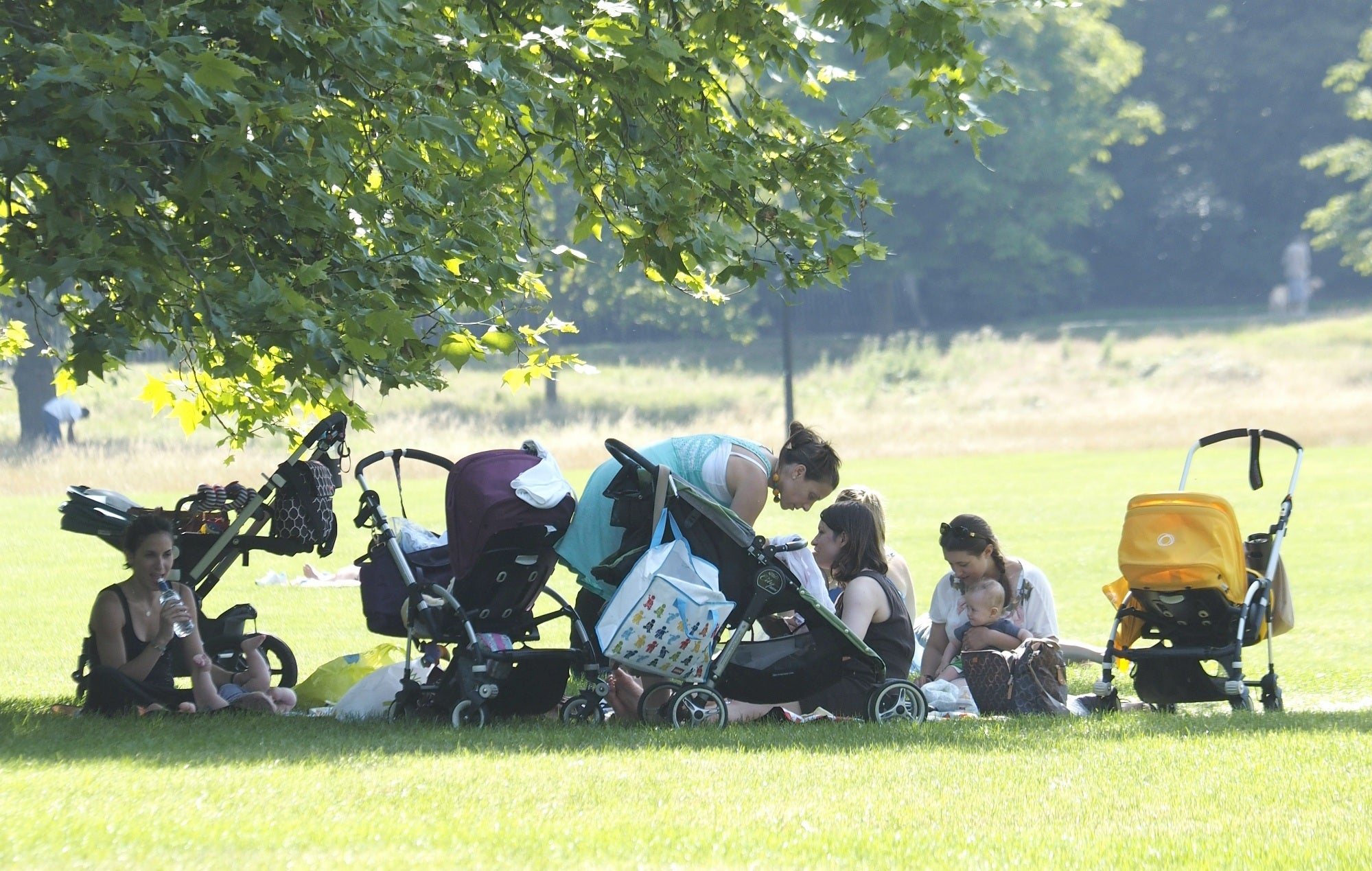Half of women have not had a child by age 30 for first time ever, figures show
Women born in 1990 were the first cohort where half were not mothers by their 30th birthday.

Half of women in England and Wales had not had a baby by their 30th birthday for the first time ever in 2020, according to official figures.
Statistics from the Office for National Statistics (ONS), released on Thursday, show that 50.1% of women born in 1990 were childless by the time they turned 30.
They are the first cohort where half have not had a child by that age since records began in 1920.
By comparison, 57% of women born in 1970 had become a mother by the time they reached 30, and 76% of those born in 1950.
Women born in 1941 were the most likely to have had at least one baby by that age (82%).
Amanda Sharfman, an ONS statistician, said: “We continue to see a delay in childbearing, with women born in 1990 becoming the first cohort where half of the women remain childless by their 30th birthday.
“Levels of childlessness by age 30 have been steadily rising since a low of 18% for women born in 1941.
“Lower levels of fertility in those currently in their 20s indicate that this trend is likely to continue.”
Social media users commenting on the ONS’ report pointed to a lack of affordable housing, the cost of living and childcare costs as possible drivers behind the trend.
The ONS report also found that of women aged 45 in 2020, who were at “the end of their childbearing years”, 18% never had children.
This proportion has stayed fairly consistent since the late 1950s, suggesting that women are delaying childbearing rather than not having children, the ONS said.
The most common age to give birth was 31 for women born in 1975, compared to 22 for the previous generation, the report shows.
Women of their grandmother’s generation born in the 1920s tended to have children later at age 26, possibly because of the Second World War.
In terms of family size, women born in 1975 had on average 1.92 children, compared with the 2.08 for their mothers’ generation.
Ms Sharfman said: “The average number of children born to a woman has been below two for women born since the late 1950s.
“While two-child families are still the most common, women who have recently completed their childbearing are more likely than their mothers’ generation to have only one child or none at all.”
Bookmark popover
Removed from bookmarks